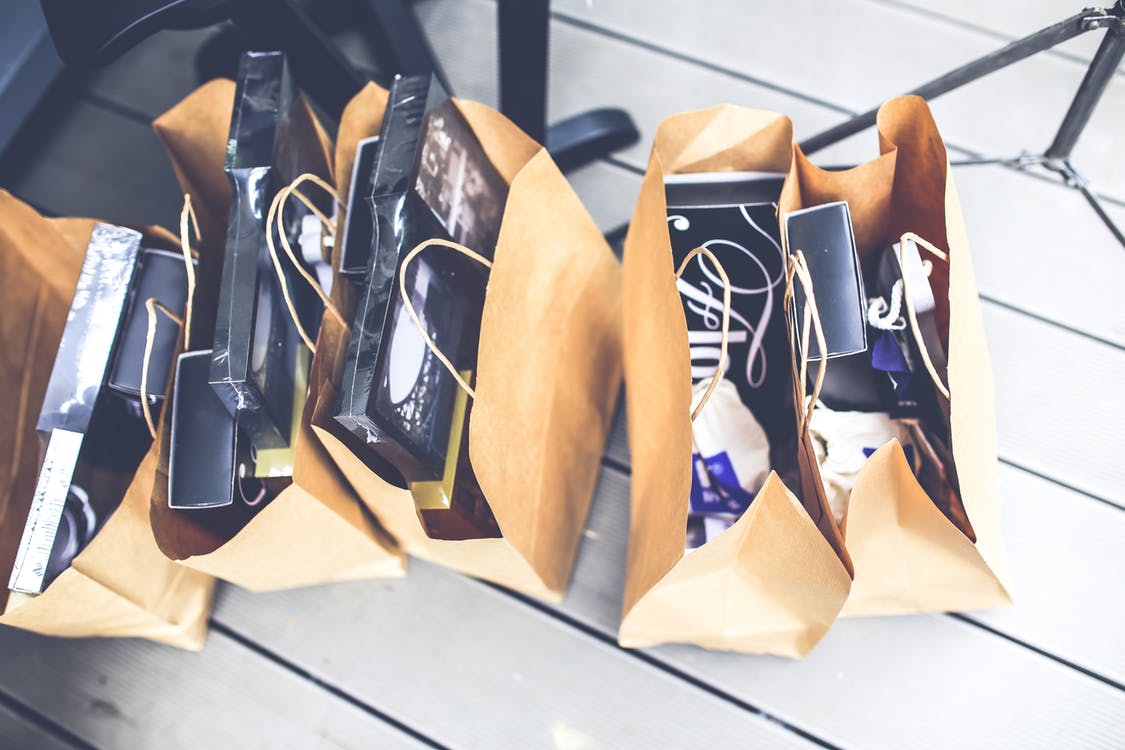If you are one of the few who will still receive a 13th cheque this year, you might be wondering what to do with it.
READ: Surviving without your 13th cheque
“Though it may be tempting to spend your spare money on gifts, gadgets and treats during the festive season, a 13th cheque can go a long way to secure your financial future, or to ease the ‘dry month’ of January that usually follows the festive spend,” said Nolene Parboo, head of Standard Bank’s transactional products and retail banking.
She suggests putting the extra money to good use by making a payment towards your home loan so that your future interest payments can be reduced.
“For example, if you have a R1 million home loan and you deposit R20 000 into it, you would save R118 618 in interest charges and reduce your bond term by 14 months. If you invest R 20 000 every year for five years, you will reduce the interest by an impressive R 386 393 and reduce the term by 50 months,” Parboo explained.
Sonja Visser, CEO of African Unity Life, made a similar suggestion based on a smaller bonus contribution.
“A once-off payment of R5 000 into a R1 million bond could shave months off the term of the bond, and reduce the total interest that you repay by a whopping R33 221,” said Visser.
She also pointed out that some life insurance companies allow their customers to pay off six months’ or a year’s worth of cover in one go.
“So investigate those options to give you peace of mind – and a fuller bank account – for the year to come,” she added.
Lianne Lutz, wealth coach at Women’s Wealth, believes there’s a shopping culture, where we are convinced that we’ll be happier if we accumulate more things.
“Without realising it, we are often driven to spend our extra money on items rather than using it strategically to lesson our financial burden and even to start creating financial independence,” said Lutz.
“If you want to create an empowered financial lifestyle, you need to ignore the pull of shiny objects which will take you further away from financial stability,” she added.
Lutz insists that it’s as simple as changing your perception of saying no to luxuries, from self-denial to nurturing your financial foundation.
According to Mellony Ramalho, African Bank’s group executive of sales and branch Network, this is also an exciting opportunity to start investing, rather than just placing your money in a typical savings account.
“Investing for the first time can seem daunting and overwhelming but this should be an exciting and empowering experience,” she said.
“There’s nothing more thrilling than putting your money into a product knowing you’re going to see it grow over time,” she added.
Ramalho suggests finding the product that best suits your objectives, and she also highlights, “Investing is not just for the rich. You do not need large amounts to start investing. What you do need is to understand some basic concepts and principles relating to investing.”
Besides investing your 13th cheque, the proposition manager at Old Mutual, Marius Pretorius, makes the following suggestions:
- Don’t go out and buy the first thing that comes to mind. Consider what you and your family really need over the long term, not just what you want right now.
- Review your current financial situation carefully and make sure that you address any problem areas.
- Having a plan in place will help prevent you from impulse buying, which is really easy over the holiday period.
- Pay yourself first. This means you should allocate part of your 13th cheque to the “not so fun” items in your plan, like paying off your debt and putting money in your savings or investment account. This way you are free to use the rest as you please.
- Reduce as much of your interest-bearing debt as possible. Debt is the main obstacle to financial security, so it’s a really important step towards reaching your financial goals and building a better future.
- Credit card debt is usually the most expensive and should be first on your list to reduce or pay off. If you are able to pay it off entirely, consider closing the credit card altogether to prevent you from using the card again and continuing the debt cycle.
- If you don’t have a credit card, use part of your bonus to reduce your home loan or car debt. It’s a strategy that not only reduces the total interest you pay on that loan over the years, but could also ensure that the loan is paid off more quickly.
Pretorius additionally suggests putting the extra money towards your emergency fund, or starting one if you haven’t yet.
“Ideally, you need the equivalent of three to six months of your net salary in this fund to cover unexpected expenses like car and household repairs,” he said.
Pretorius believes it’s important to reward yourself and your loved ones after a year of hard work, but it’s equally important to use part of your bonus to improve your financial situation.
“Take time to think about how to spend your bonus,” he recommended.
If you'd like to invest your bonus through Justmoney, click here.

